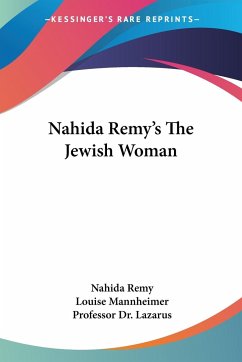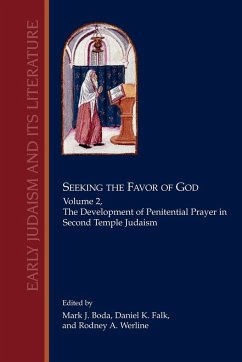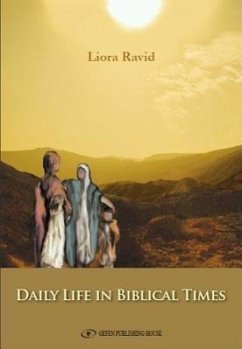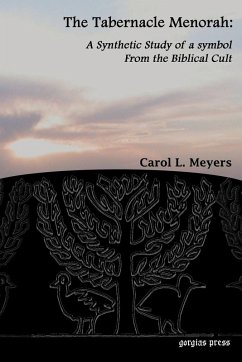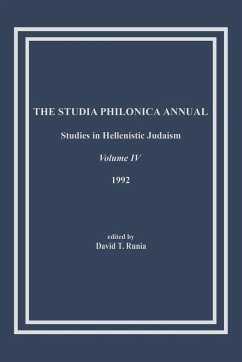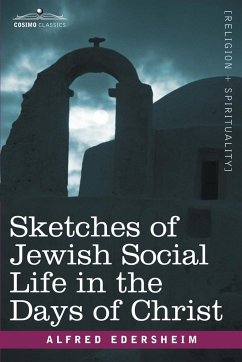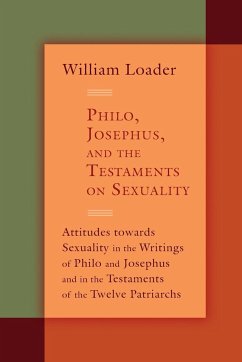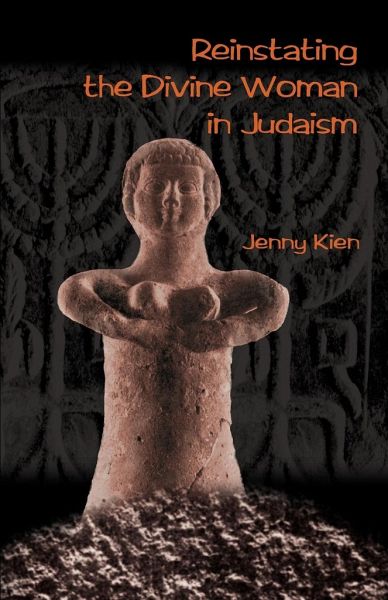
Reinstating the Divine Woman in Judaism
Versandkostenfrei!
Versandfertig in 1-2 Wochen
28,99 €
inkl. MwSt.

PAYBACK Punkte
14 °P sammeln!
Goddesses in ancient religions were particularly significant for women's physical, social and spiritual well-being. Yet, the Divine Woman was discarded by the monotheistic religions. Arguing her importance for women, the author proposes returning the Divine Woman to Judaism. Textual, archeological and historical analysis reveal how the Canaanite Great Goddess Asherah played a major role as Jahweh's consort in the religion of biblical Judah and Israel. The author shows how this goddess has not entirely disappeared from modern Judaism - her analysis of the expulsion from the Garden of Eden and t...
Goddesses in ancient religions were particularly significant for women's physical, social and spiritual well-being. Yet, the Divine Woman was discarded by the monotheistic religions. Arguing her importance for women, the author proposes returning the Divine Woman to Judaism. Textual, archeological and historical analysis reveal how the Canaanite Great Goddess Asherah played a major role as Jahweh's consort in the religion of biblical Judah and Israel. The author shows how this goddess has not entirely disappeared from modern Judaism - her analysis of the expulsion from the Garden of Eden and the story of Tamar and Judah reveals many traces of Asherah's worship and myths still in the Bible. The development of the menorah and the kabbalistic Tree of Life from Asherah's religious symbolism further illustrate the goddess' profound effect on Judaism. These findings are of great relevance for present-day feminist Judaism. Reintroducing the Divine Woman to Judaism may stimulate new ways of approaching biblical texts, religious practice and yearly festivals - ways that preserve their connection with Jewish tradition but also empower women.





